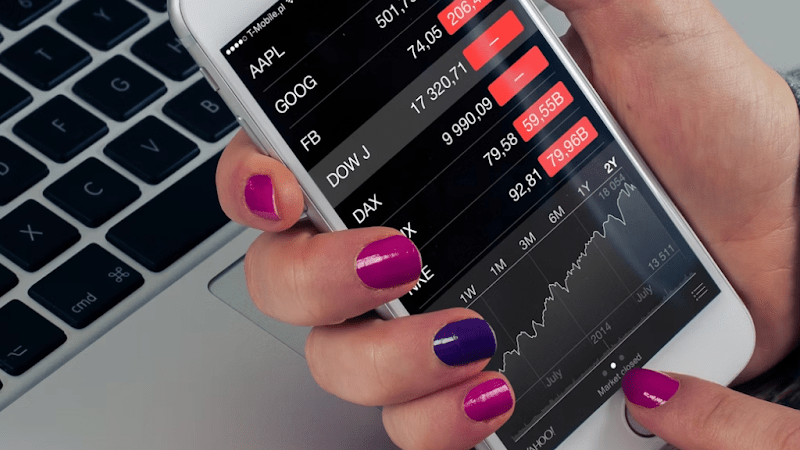When you first start your business, you may be able to get by using a personal account for it. Perhaps you’ve used your savings account to help you cover initial costs. Let’s say you’re based in Canada, and you’re looking to set up an eCommerce shop. You’ve likely done some research into the best Canadian chequing account at some point in your life, and it may be possible to run your business through such a Canadian bank account in the early days.
Tangerine is likely the most well-known Canadian bank; and their checking accounts offer Canadians free debit transactions, mobile deposit options, as well as unlimited transactions with no monthly fee. While they don’t have their own ATMs across the country; they do allow debit cardholders to use Scotiabank ATMs for free. Their interest rates also make Tangerine a good option for opening a savings account.
Read Also: 7 Reasons Why Your Business Might Be Losing Money
While you may be able to operate with personal bank accounts for a while, there will come a time when every entrepreneur must open a business account. The best time to open a business account is alongside opening your business. Otherwise, you’ll want to do it when you start to notice that the number of business transactions you have is becoming higher than your number of personal transactions. Having a separate account for your business makes it much easier for you to manage your finances in general, and you’ll have one place where you can keep track of business expenses and file business receipts.
Keep your business secure.
In a world of big data and digital transformations, data is one of the most powerful resources for any business, whether it’s a brick-and-mortar location or an eCommerce business. Because of this, data is also the best target for cybercriminals. A major data breach of sensitive information is one of the most dangerous things that can happen to any business, and it’s important to take every step possible to ensure it doesn’t happen to you.
One of the best ways you can do this is by investing in the Secured security solution. What separates this from many other business security solutions is that Secured provides cybersecurity at the DNS level. The domain name system (DNS) is a naming system that identifies devices, services; and other online resources connected to the internet. With a DNS firewall, you can block connections to domain names associated with malware, phishing schemes, and other cybersecurity risks. With a free trial available and the ability to set up in minutes; you can work on your business security right away and making sure it stays that way.
















